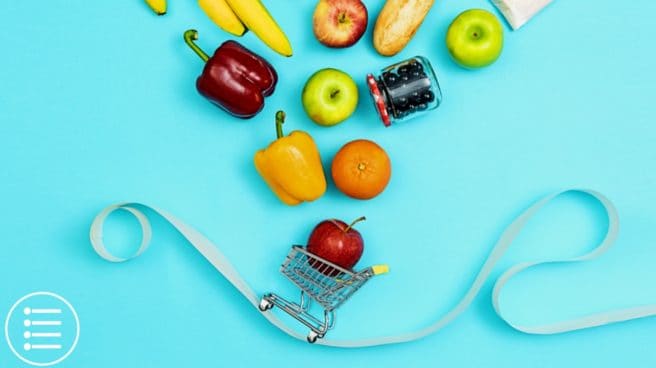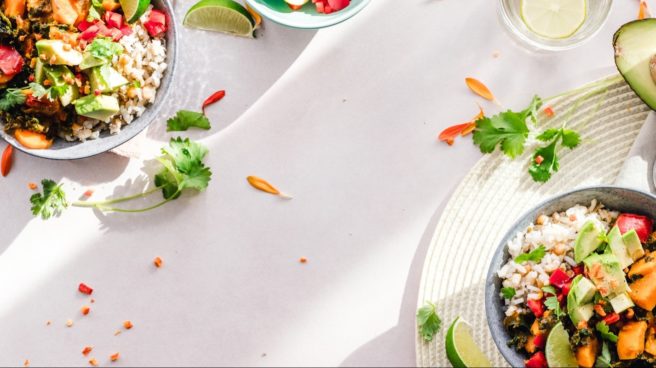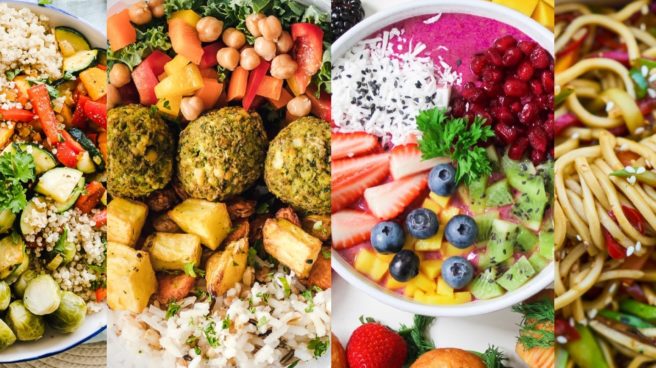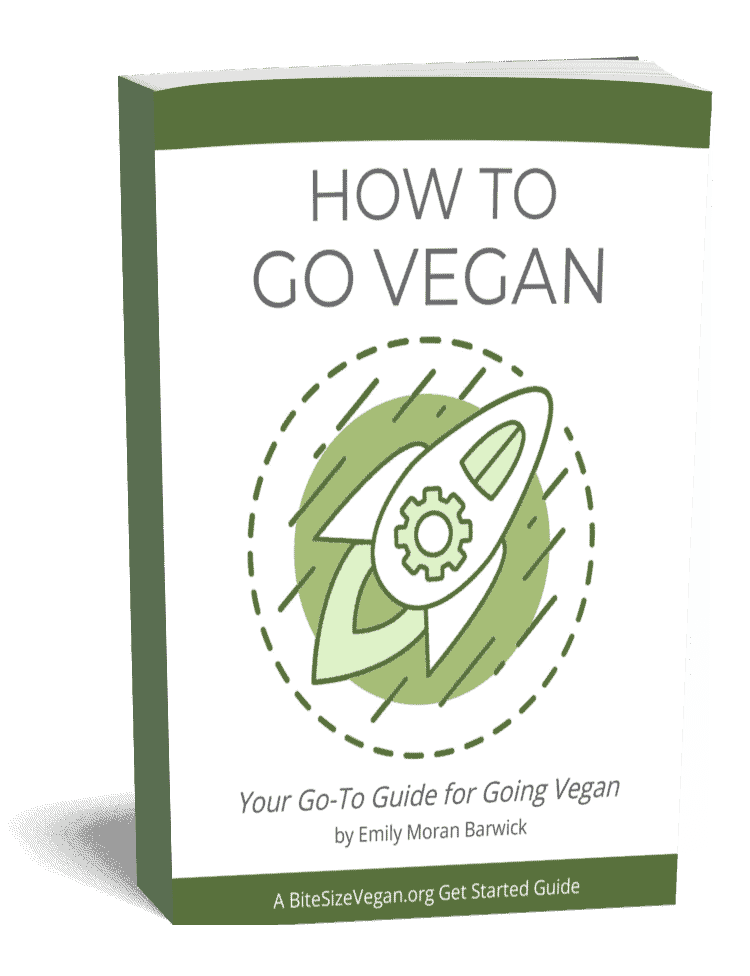Check out my top 10 tips for being vegan on a budget! Eating vegan doesn’t have to break the bank. In fact, a vegan diet is often less expensive than one with animal products. These tips will help you spend smart and avoid blowing your budget.
Want to go vegan but think it’s too expensive? Already vegan but feel it’s breaking the bank? Well, you’re just not doing it right!
[I’m sorry, that wasn’t very helpful.] Well you’ll love today’s vegan quick tip with my top 10 tips for being vegan on a budget. [tweet this]Welcome to another vegan quick tip! These vids are all about brevity, so let’s get right to it! Being vegan not only doesn’t have to be expensive but is usually cheaper than eating animal products! [tweet this] Of course every situation is different, but there are links below to some more in-depth video on that subject.
Let’s get to the top ten tips!
Tip #1: Stick to the Perimeter
When you’re in the grocery story, show the perimeter. This is usually where the whole, fresh foods are kept. Eating fresh, unprepared whole foods is not only better on your wallet but also for your health! Avoid the pre-cut produce bags and go for the source.
Tip #2: Buy In Bulk
Many groceries have a bulk section with grains, beans, cereals and more. Buying in bulk rather than pre-packaged goods is usually cheaper. You can also get friendly with the produce manager and see about getting cases of produce at a discount, which is what I do.
Tip #3: Check the UNIT price
Most groceries will have a unit price on the sticker, which says how much it is per unit. It’s an easy way to compare two products for which gives more bang for the buck
Tip #4: Buy Store Brands
If you’re shopping at a chain store grocery, chances are they have their own brand. You know the Cheerios that aren’t actually Cheerios? Store brands are always cheaper and usually just as good if not better.
Tip #5: Visit Farmers Markets
Many areas, even big cities, have farmers markets either seasonally or year round. This is where local farmers come to one location to sell their products. They usually have lower prices than stores and will often give bulk discounts as well.
Tip #6: Community Supported Agriculture
Similar to farmers markets but a little different, with CSAs you sign up with a local farm and have a share of their crops delivered or for pick up usually every week. It’s typically a little bit of everything they have.
Tip #7: Grow Your Own
Nothing’s cheaper and more fulfilling than growing your own food. I have a whole video on that for more information!
Tip #8: Shop In Season
Some fruits and vegetables are very expensive out of season. Shop with the seasons to save.
Tip #9: Plan Your Meals
You can be incredibly efficient with what you purchase if you plan your meals ahead of time, make a grocery list and stick to it! Maybe eat before shopping so you’re not driven by hunger to cram all manner of vegan junk food in your cart…and later your face.
Tip #10: Use Cash!
It may sound silly but when we use cards it’s harder to grasp the money we’re losing. Also, you can take out the exact cash for your weekly grocery budget so it’s easy not to go over your allotted amount.
I hope you enjoyed this quick tip! Do you have other budgeting tips? Share them in the comments!
Now go live vegan, spend smart, and I’ll see you soon.
— Emily Moran Barwick







I think a vegan diet is so much cheaper. You watch for sales and stock up. I get soy milk on sale or the buy stores brand.
Vegans, surprisingly, do eat less. I guess because the food is healthier it is more filling.
I like & agree with Tips # 1 (perimeter), 3 (unit price), 7 (grown your own), and 9 (plan meals). I would add to this list: “Shop around” and pay attention to price… I do my grocery shopping at 2-3 grocery stores because the price varies at each. A pineapple is $6.50 at one store near my house, and $3.00 at another. I buy the cheaper stuff at each store. If you want something from Whole Foods (like Coconut Ice Cream), go buy THAT thing there, but then go buy the rest of your groceries at a cheaper store. Because Organic Bananas at Whole foods are the EXACT SAME bananas as another store but are twice the price! Same with Avocados and lots of produce.
I don’t think Tip # 2 (buy bulk) works for everybody. For me, this causes me to spend WAY MORE money and over-eat. Buying in bulk only works if you have decent self-control. I don’t (and I know many people like me). I buy groceries every single day, for that day. If I buy enough food for 3+ days at once, I will eat it ALL. I normally buy 6-10 bananas a day and eat them all. If I bought bulk of 50+, I’d end up eating 25 or more a day. Same goes with all my food. I don’t have the “self-control” to buy bulk (and I’m jealous of those who can). I do the extreme opposite. I buy ONE of many things and go grocery shopping every single day. Like Grapes are a perfect example, they are EXPENSIVE but i like them; many people think you have to buy the whole bag as they pack them, but you don’t! They’re sold by weight, not by bag, so you can take your own bag and put in half as many. I know if i buy a big bag, i will eat them all that day. So i just buy less and eat the “proper” amount i need. This way i save a lot of money on the expensive items. Nuts are another perfect example. If i buy a BIG bag, i’ll eat them all, so i buy a small bag (couple hand-fulls) almost every day. Self-control is great, but many people don’t have it.
These tips don’t apply to many people:
#5 (Farmers Markets), partly because there are often none near me, and 2nd (the bigger reason), they are usually much more expensive than the grocery store. I wish they weren’t because I want to support local farmers, but I can’t afford to when it costs twice as much.
Awesome tips, having a college student budget is very hard :p